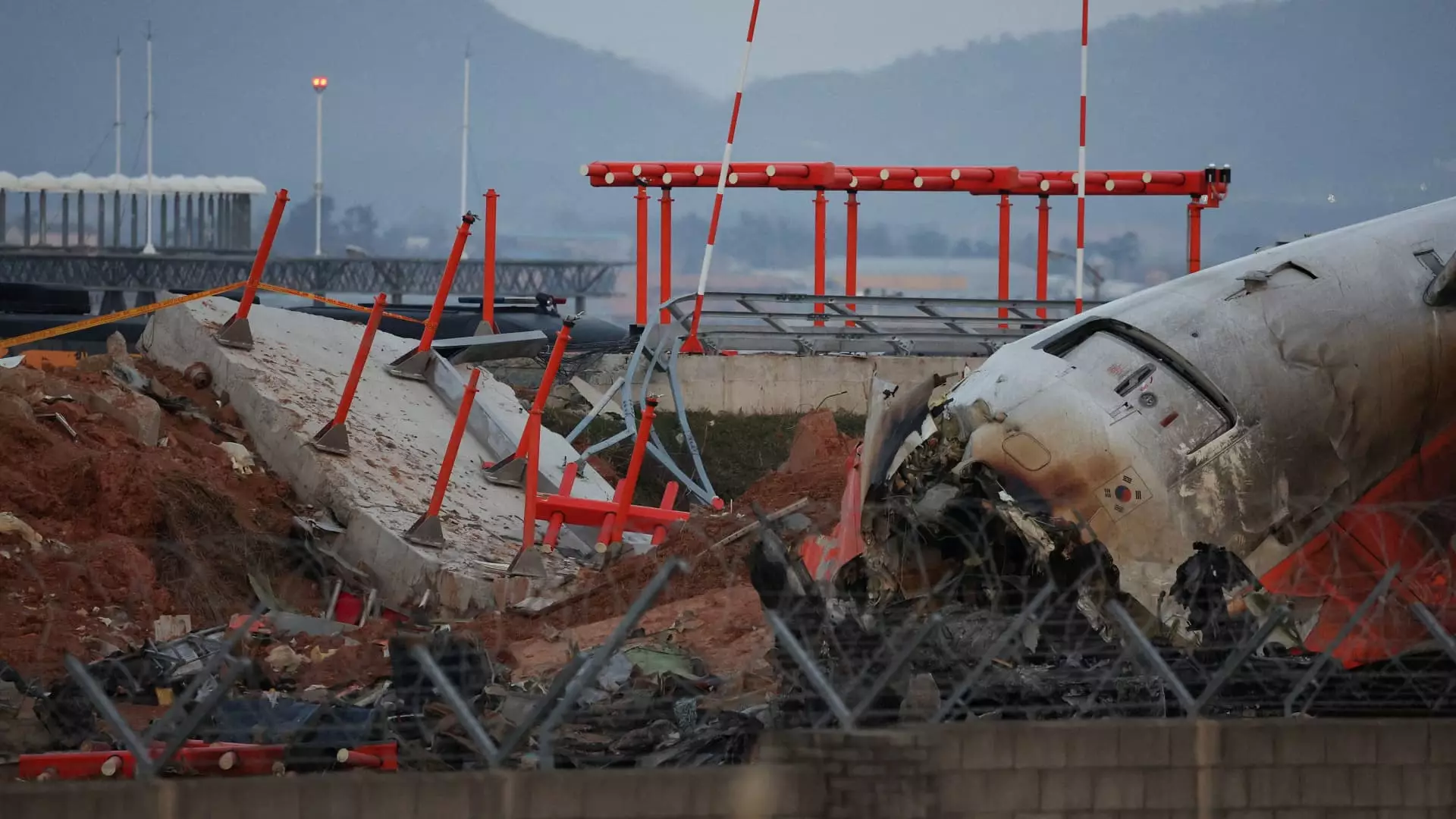On December 29, 2022, a catastrophic event unfolded as Jeju Air Flight 7C2216, a Boeing 737-800, tragically crashed in Muan, South Korea. This disaster, which resulted in the loss of 179 lives, marks the gravest aviation accident in South Korean history. The mechanics of the accident, surrounding factors, and subsequent investigation reveal a complex tapestry of aviation safety protocols, procedures, and human factors.
The Importance of Black Boxes in Aviation Safety
Central to the investigation of any aviation disaster are the flight data and cockpit voice recorders, commonly referred to as “black boxes.” These devices are pivotal in gathering crucial information regarding an aircraft’s technical performance and the communications between the crew during flight. However, in this unfortunate case, the South Korean transport ministry reported a distressing revelation: the two black boxes ceased recording approximately four minutes prior to the crash. This has raised several questions and concerns about the possibility of power failure, including the backup systems typically designed to safeguard against such occurrences.
Shortly before the fateful incident, the pilots reported a bird strike, prompting air traffic control to issue warnings regarding avian activity in the vicinity. The flight’s situation rapidly deteriorated, leading to a Mayday emergency call just minutes before the aircraft attempted an unsafe landing. The aircraft ultimately belly-landed and overshot the runway, crashing into an embankment designed to support the localizer system for aircraft landings. The crash not only emphasizes the need for rigorous bird strike management procedures but also raises questions about the design and safety of structural installations around runways.
As the investigation unfolds, the transport ministry has emphasized the importance of a thorough and transparent inquiry into the disaster, promising to share findings with the families of the victims. However, some family members have expressed dissatisfaction with the ministry’s leading role, advocating for the inclusion of independent experts in the investigative process. This need for independent oversight reflects a lack of trust in governmental institutions when it comes to managing high-stakes investigations involving significant loss of life.
The tragic crash of Jeju Air Flight 7C2216 serves as a harrowing reminder of the complexities involved in air travel and the potential risks that inadequately managed factors can pose. With the investigation still ongoing, the aviation community must heed the lessons of this disaster, ensuring that safety protocols are enhanced and that mechanisms for accountability are established. The scrutiny of black box data, combined with an acknowledgment of family concerns, may ultimately guide improvements in aviation safety, further protecting the lives of those who rely on air travel.

